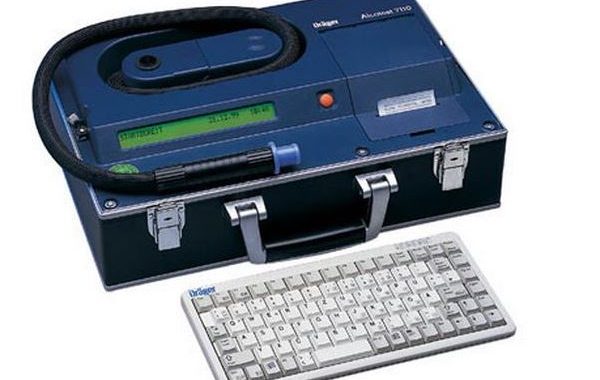There are two ways to prove that a driver is under the influence of alcohol, in a DWI prosecution.
Firstly, the driver can be shown to “appear to be under the influence of alcohol’, based upon erratic operation of a motor vehicle, difficulty in performing field sobriety tests such as the Horizontal Gaze Nystagmus, One Leg Stand and Walk and Turn tests and the general actions of the driver, such as slurred speech, difficulty walk and standing, inability to follow instructions, general confusion and lack of fine motor coordination.
Of course, admissions of intoxication would provide additional information which could lead to a finding of guilt.
However, the State can also prove intoxication by convincing the court that the driver’s Blood Alcohol Content was .08%BAC or higher which amounts to what is referred to as a Per Se violation. This is to say that a breath test or Blood test showing this level of alcohol in the blood, is enough by itself to prove the driver’s intoxication.
Scientific Reliability of Alcotest 7110 MK-III
Before this can be done, however, the court must be convinced that the test used to determine this number is “scientifically reliable”. Many questions regarding the scientific reliability of the device used in New Jersey, the Alcotest 7110 MK-III, where raised in the Chun case, which was decided by the New Jersey Supreme Court over ten years ago.
However, many issues remain unresolved. The Supreme Court directed the New Jersey Attorney General to address these issues, but the State has failed to do so, first claiming that it was replacing the Alcotest with another device by the end of this year. It seems apparent that this is not going to happen in the next few weeks before year-end.
In the meantime, the Attorney General is arguing that the Alcotest procedure, previously established by the Supreme Court, should be modified to eliminate requirements that the NIST traceable thermometer is used in the calibration process. This was after a New Jersey State Trooper, charged with periodically testing these machines, failed to follow procedures by not using this instrument.
We will find out whether the Supreme Court will allow the protocol for testing to be further diluted as a result of this change or will require the State to comply with its prior Orders. The State’s failure to meet the protocol may allow attorneys to raise an additional challenge as to the reliability of tests results.
